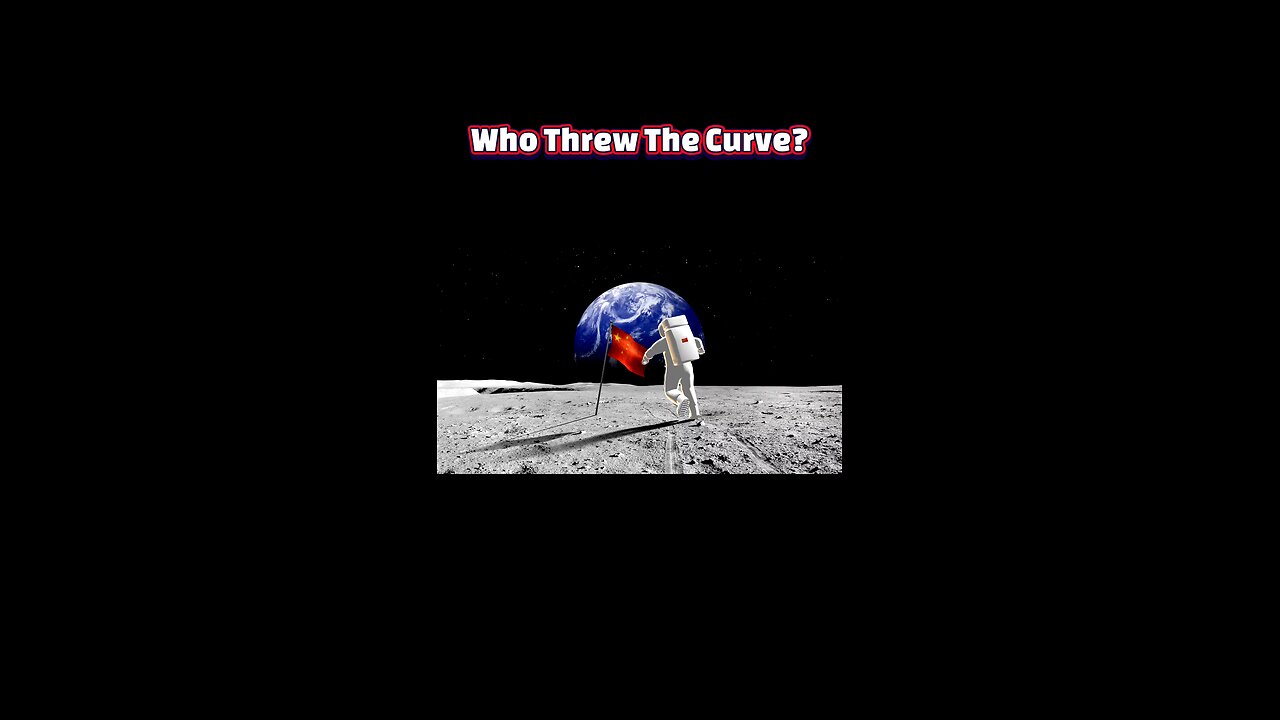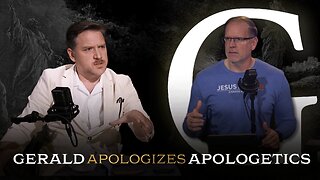Premium Only Content

Time Warp Travelers: Outsmarting Aging in Space
Ever wondered why astronauts technically return slightly younger?
It all stems from Einstein’s theory of relativity, which tells us that time isn’t constant—especially when you’re moving fast. Up in orbit, every second ticks a bit differently than it does on Earth.
Time dilation is the phenomenon that makes this possible. Astronauts aboard the International Space Station cruise at roughly 27,500 km/h, and at these speeds, time literally slows down for them relative to someone on Earth.
Gravitational time dilation adds another layer: the farther you are from Earth’s massive gravitational pull, the slower time passes. In low Earth orbit, the reduced gravitational influence subtly alters how time is experienced, giving our spacefarers a tiny edge in the aging process.
In practical terms, the effect is remarkably minute. Research by the European Space Agency suggests that a six-month stint on the ISS saves an astronaut about 0.005 seconds of aging—a barely perceptible difference, but a fascinating proof of Einstein’s insights.
The famous twin studies add an intriguing twist. In experiments with astronauts like Mark and Scott Kelly, the twin who spent more time orbiting Earth ended up technically younger by a few milliseconds, painting a real-world picture of time dilation at work.
Think of it as a form of mini time travel. When you’re hurtling around our planet at mind-bending speeds, every tick of the clock is bent by physics, subtly rewriting the personal timeline of those brave enough to venture into space.
While the numerical age difference is nearly negligible, the phenomenon stands as one of the most compelling demonstrations of how relativity shapes our universe. It shows that even our concept of aging isn’t immune to the cosmic dance of speed and gravity.
However, don’t be fooled by the “youthful” numbers. Despite a fractional gain in time, astronauts face real, significant challenges—like bone density loss, muscle atrophy, and other physiological stresses—that highlight the complex costs of living in microgravity.
Ongoing research is relentlessly tackling these challenges. Scientists are investigating innovative countermeasures to preserve bone health and muscle strength on extended missions, ensuring that our explorers can withstand the rigors of space travel while still benefiting from nature’s peculiar time tweaks.
Ultimately, astronauts returning “younger” isn’t a cosmic fountain of youth—it’s a tiny, scientific quirk that underscores the incredible, counterintuitive nature of our universe. This phenomenon reminds us how deeply speed, gravity, and the fabric of space-time are woven into the very essence of our existence. What other cosmic secrets might be hiding in plain sight?
#AstronautLife #TimeDilation #CosmicYouth #SpaceTravel #EinsteinMagic #newvideo #nyc #new #podcast #vlogs
-
 1:21:16
1:21:16
The White House
5 hours agoVice President JD Vance Celebrates Thanksgiving with Servicemembers and Delivers Remarks
9.5K10 -
 59:49
59:49
The Quartering
3 hours agoMTG MELTDOWN On X, Hasan Piker Runs From Ben Shapiro & AI Nightmare!
86.4K31 -
 1:16:24
1:16:24
DeVory Darkins
4 hours agoDISTURBING: Eric Swalwell left DUMBFOUNDED after he gets confronted about trans athletes
69.9K38 -
 LIVE
LIVE
Dr Disrespect
6 hours ago🔴LIVE - DR DISRESPECT - ARC RAIDERS - RANDOM SQUADS
1,786 watching -
 2:06:36
2:06:36
Side Scrollers Podcast
5 hours agoThis is the Dumbest Story We’ve Ever Covered… | Side Scrollers
32.5K8 -
 1:13:26
1:13:26
Steven Crowder
7 hours ago🔴 Jay Dyer on Hollywood, The Occult, and the Attack on the American Soul
251K185 -
 1:26:28
1:26:28
Sean Unpaved
5 hours agoNFL Thanksgiving Games Are Going To Be ELECTRIC! | UNPAVED
30.2K3 -
 29:07
29:07
The Rubin Report
7 hours agoAre Megyn Kelly & Erika Kirk Right About Our Political Divisions?
71.6K55 -
 27:09
27:09
VINCE
8 hours agoSaving America's Schools with Norton Rainey | Episode 177 - 11/26/25 VINCE
182K92 -
 2:03:57
2:03:57
Benny Johnson
7 hours agoFBI Director Kash Patel Makes January 6th Pipe Bomber Announcement: Massive Breakthrough, Stay Tuned
136K111